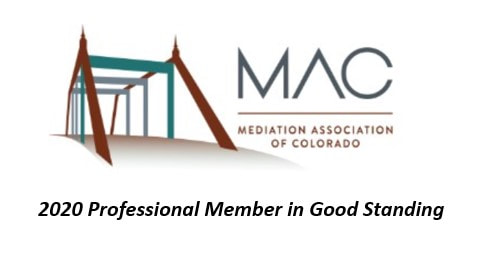I get it, in the sense that any lawyer really wants to see signatures of the other side on the agreement. It is a trade, and both parties should feel it is good to have the agreement signed. Here is why.
A written Agreement to Mediate formally recognizes the willingness of parties and counsel to meet in a good faith attempt to resolve the issues. A well-written agreement should clarify the mediation process, and the mediator’s role in that process. The text of the agreement can serve as a vehicle to prompt discussions between attorney and client about what is about to happen. It should also promote some confidence that the mediator knows what he or she is doing.
Most importantly, the Agreement to Mediate clarifies the limits of confidentiality. In family cases, a tightly drafted agreement will often prompt questions such as “can I tell my new spouse what happened.” Where that person is influential over a party, it may even prompt a conversation about whether non-parties should have any input in the discussions.
In some cases, it may be appropriate to spell out how much counselors and extended families can be told. In civil litigation, disclosure to managers, board members, or other professionals can be an important part of who to include.
Typically, it is the umbrella agreement not to subpoena the mediator that is the key protection for confidences uttered in mediation. This protection should be spelled out by the written agreement. In some cases spelling out the participant’s understanding of what falls within the scope of statutorily protected “mediation communications” can add additional security. Having everyone physically present at the mediation sign the Agreement to Mediate is good when it binds everyone to confidentiality thereby promising not to put the mediator on the record about what was said.
As a mediator, there is much in the agreement that I like, such as arrangements for my payment; however, my obligations are largely spelled out in Colorado’s Dispute Resolution Act. The Agreement to Mediate is really there for the parties. It should spell out norms for interaction that will make them feel safe to participate. The Mediation Agreement itself demonstrates that agreements are possible when the agreement is treated as more than an annoying piece of boilerplate.
I have put my Agreement to Mediate online, but I will always tailor it to suit the needs of a specific case when there is the interest to think it through in detail. So far, nobody has asked, but least my reluctant attorneys and their clients signed. Things worked out well.

 RSS Feed
RSS Feed
